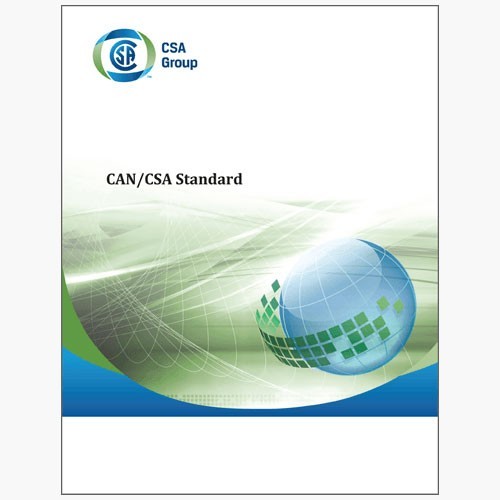TOLL FREE · 1-888-361-0003 Our Customer Support is ready to help!

Formats Available:
Online,
Print
Product Overview
CAN/CSA-ISO/IEC 10165-5-95 (R2013)
CSA Group Information Technology - Open Systems Interconnection - Structure of Management Information: Generic Management Information (Adopted ISO/IEC 10165-5:1994, first edition, 1994-08-01)
Total
As low as
$79.00
More About This Product
Description
Technical Corrigenda 1 and 2 are included in this PDF Scope This Recommendation / International Standard provides developers of OSI Recommendations / International Standards that contain managed object definitions with generic definitions of managed object classes that will provide common superclass definitions from which layer- or resource- specific object class definitions may be derived assist with the development of common elements of object class definitions across multiple layers or components of layers reduce duplication of effort in other working groups by identifying commonly useful definitions. To this end, this Recommendation / International Standard defines managed object classes which may be used as superclasses, using the template notation defined in CCITT Rec. X.722 / ISO/IEC 10165-4, including the definition of any packages, attributes, attribute groups, behaviour, actions, notifications and parameters that may be associated with the superclasses. It also defines functional units required by layer- or resource-specific management standards which are not defined in the CCITT Rec. X.73X / ISO/IEC 10164 series of systems management function standards. This Recommendation / International Standard is applicable to the development of any OSI Recommendation / International Standard which defines managed object classes that may be refined from the managed object classes defined in this Recommendation / International Standard. This Recommendation / International Standard does not specify or imply any constraints on the development of managed object definitions in terms of their inheritance relationships. Developers of managed object class definitions are encouraged to use the definitions contained in this Recommendation / International Standard to promote consistency between similar managed object classes; however, use of these definitions is not mandated.
Technical Corrigenda 1 and 2 are included in this PDF Scope This Recommendation / International Standard provides developers of OSI Recommendations / International Standards that contain managed object definitions with generic definitions of managed object classes that will provide common superclass definitions from which layer- or resource- specific object class definitions may be derived assist with the development of common elements of object class definitions across multiple layers or components of layers reduce duplication of effort in other working groups by identifying commonly useful definitions. To this end, this Recommendation / International Standard defines managed object classes which may be used as superclasses, using the template notation defined in CCITT Rec. X.722 / ISO/IEC 10165-4, including the definition of any packages, attributes, attribute groups, behaviour, actions, notifications and parameters that may be associated with the superclasses. It also defines functional units required by layer- or resource-specific management standards which are not defined in the CCITT Rec. X.73X / ISO/IEC 10164 series of systems management function standards. This Recommendation / International Standard is applicable to the development of any OSI Recommendation / International Standard which defines managed object classes that may be refined from the managed object classes defined in this Recommendation / International Standard. This Recommendation / International Standard does not specify or imply any constraints on the development of managed object definitions in terms of their inheritance relationships. Developers of managed object class definitions are encouraged to use the definitions contained in this Recommendation / International Standard to promote consistency between similar managed object classes; however, use of these definitions is not mandated.
